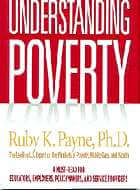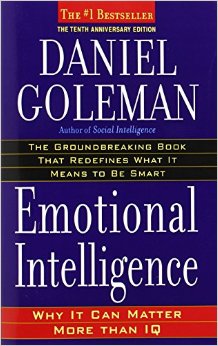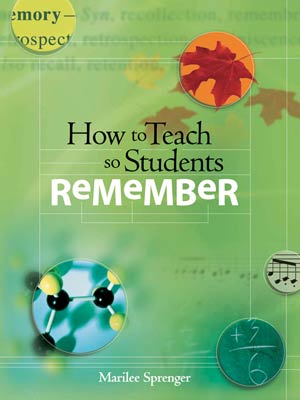- 3 Credits -

Instructor:
Joseph C’de Baca MaEd.
Accredited By:
- University of San Diego



Grade Type:
University Transcript: Letter Grade
Course Description
This course will examine the learning differences between girls and boys. Their inherent learning and social dynamics are explored. The development differences, structure and spectrum of gender brain operations are explained.....
View Full Course Description



$425
3 Semester Graduate Credits
Item categorypsychology-sociology-the-brain not found.Item ma-categorypsychology-sociology-the-brain not found.Item categorypsychology-sociology-the-brain2 not found.Item ma-categorypsychology-sociology-the-brain2 not found.
USD - EDC-X764U - How Boys & Girls Learn Differently
- 3 Graduate Credits -



Course Objectives
Credit Hours
3 Semester Credits (post-baccalaureate professional development credit)
Course Instructor
Joseph C’de Baca MaEd.
Accredited By:
- University of San Diego



Grade Type
University Transcript: Letter Grade
USD - EDC-X764U - How Boys & Girls Learn Differently
What Others Are Saying...










